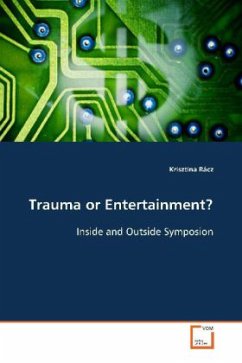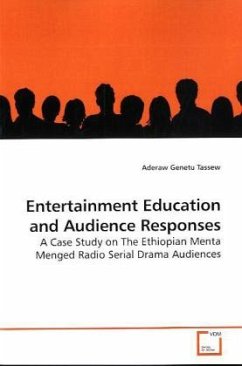Opposed to what it is to be expected, the bombing of
Serbia in 1999 is not present in the public discourse
of the country as a traumatic event, if it is present
at all. My research deals with the absence of this
trauma, and the creation of a collective memory of it
among the community of the contributors of the
journal Symposion. It explores how the interaction
along the lines of the non-acknowledged trauma
constitutes a mnemonic community of the mostly
Hungarian authors living either in Serbia or in
Hungary. By looking at their private e-mails and
conducting interviews with some of the members of
this community, I argue that the community is linked
through emerging shared narrative patterns that have
the function of normalizing the experience and
creating shared cultural frameworks for remembering
it. The research hopes to fit the case of the Symposion correspondence into a both empirically
and theoretically analyzable framework of collective
memory studies, works on trauma and on narration.
Serbia in 1999 is not present in the public discourse
of the country as a traumatic event, if it is present
at all. My research deals with the absence of this
trauma, and the creation of a collective memory of it
among the community of the contributors of the
journal Symposion. It explores how the interaction
along the lines of the non-acknowledged trauma
constitutes a mnemonic community of the mostly
Hungarian authors living either in Serbia or in
Hungary. By looking at their private e-mails and
conducting interviews with some of the members of
this community, I argue that the community is linked
through emerging shared narrative patterns that have
the function of normalizing the experience and
creating shared cultural frameworks for remembering
it. The research hopes to fit the case of the Symposion correspondence into a both empirically
and theoretically analyzable framework of collective
memory studies, works on trauma and on narration.








